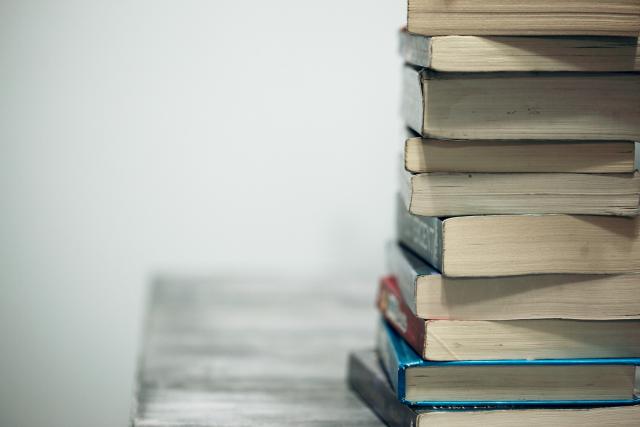By Christine Yunn-Yu Sun
February 24 marked the second anniversary of Russia’s invasion of Ukraine.
On that day, the “Reading for Odesa” event took place simultaneously around the world “to refocus attention on the current situation in Odesa and across the whole of Ukraine”.
The ongoing war in Ukraine has led to the forced closure of Odesa Literary Museum, which, along with the city’s Archaeological Museum and Museum of Western and Oriental Art, was severely damaged by Russian missile attacks in July 2023.
Situated inside the World Heritage property “The Historic Centre of Odesa”, these buildings were marked by UNESCO with the Blue Shield, the distinctive emblem of the 1954 Hague Convention for the Protection of Cultural Property in the Event of Armed Conflict.
“Reading for Odesa” was an international project celebrating Ukrainian literature.
The 15 participating Cities of Literature organised public readings of literary works by Ukrainian authors, in the belief that “literature can always constitute an instrument of memory and collective conscience, even in times of war”.
These 15 cities were Milan, Wroclaw, Krakow, Edinburgh, Exeter, Lasi, Kuhmo, Lillehammer, Ljubljana, Manchester, Melbourne, Nottingham, Quebec City, Reykjavik, and Tukums.
Odesa joined the UNESCO Cities of Literature Network in 2019, which now encompasses 53 cities in 39 countries across 6 continents and a combined population of over 26 million.
In Melbourne, those wanting to show solidarity with the people of Ukraine can visit the Ukrainian Museum of Australia, which operates to “preserve, exhibit and collect artefacts, documents, books and Ukrainian folk art for exhibition, research and education which reflect the
culture and history of Ukrainian immigration in Australia”.
You can also check out Ukrainian-Jewish-Australian author Maria Tumarkin’s books.
Tumarkin was born and raised in Kharkiv in northeastern Ukraine, which was recently attacked by Russian drones.
Her 2018 debut Axiomatic won the Melbourne Prize for Literature’s Best Writing Award and was shortlisted for the Stella Prize, the Prime Minister’s Literary Awards and the Victorian Premier’s Literary Awards, just to name a few.
As praised by The Saturday Paper: “Everyone is looking for the next Helen Garner and Maria Tumarkin shares with Garner a gimlet eye for the flaws in official systems, along with a fascination for the narratives nested in everyday lives. Axiomatic’s symphonic structure, however, recalls Svetlana Alexievich, the Belarusian journalist and Nobel Laureate.”
Talk about Alexievich, her 2013 oral history Secondhand Time: The Last of the Soviets delivers a powerful probe into Vladimir Putin’s nationalistic lies.
To conclude this article, we want to share the last stanzas of renowned Ukrainian author Lesya Ukrainka’s most famous poem “Contra Spem Spero” (1890), translated as “Against All Hope I Hope” by British poet Vera Rich.
In the long dark ever-viewless night-time
Not one instant shall I close my eyes.
I’ll seek ever for the star to guide me,
She that reigns bright mistress of dark skies.
Yes, I’ll smile, indeed, through tears and weeping
Sing my songs where evil holds its sway,
Hopeless, a steadfast hope forever keeping,
I shall live! You thoughts of grief, away!







